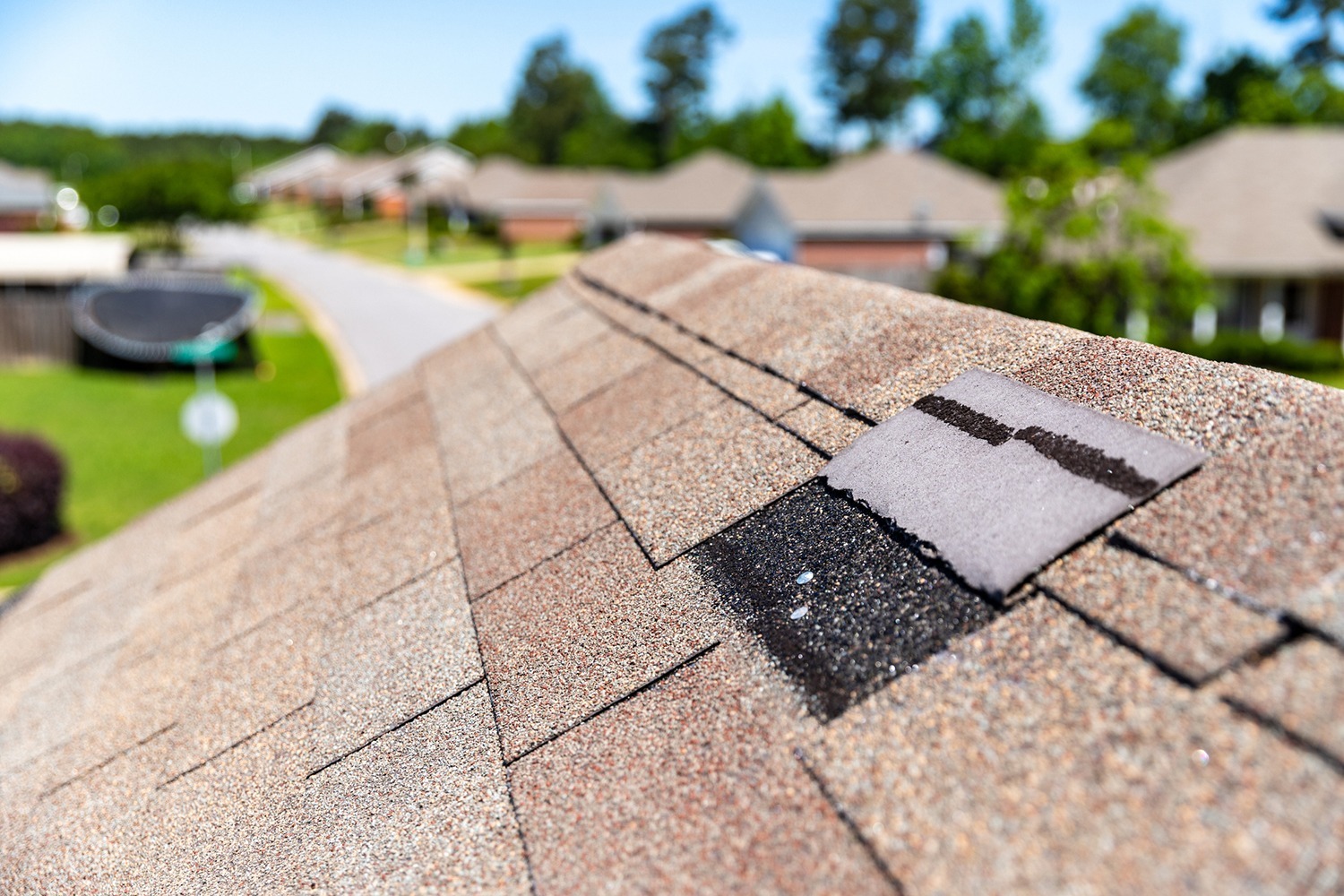When it comes to maintaining your home, your roof should be a top priority. It’s your primary defense against the elements and plays a significant role in your home’s overall curb appeal. But when you encounter an issue with your roof, you may find yourself pondering the question: Should I repair or replace my roof? At Home Evolution Roofing, we understand this dilemma and are here to help guide you through the decision-making process.
When to Consider Roof Repair
Often, minor issues such as a few missing shingles or a small leak can be quickly resolved with a roof repair. Here are some situations where a repair may be the most cost-effective and efficient solution:- Minor Leaks: If you notice a small leak in your roof, it’s often a sign of localized damage that can be fixed with a simple repair. However, it’s crucial to address these leaks promptly to prevent them from causing more extensive damage over time.
- Damaged Shingles: Wind, hail, and other weather elements can cause shingles to crack, curl, or go missing. If the damage is isolated to a few areas, replacing the affected shingles can effectively restore your roof’s integrity.
- Recent Roofs: If your roof is relatively new (less than 15 years old for asphalt shingles) and in good overall condition, repairs are often sufficient to address any issues.
When to Consider Roof Replacement
In contrast, there are times when replacing your roof is the most viable option. Here are some instances where a roof replacement may be necessary:- Age: Most asphalt shingle roofs have a lifespan of about 20-25 years. If your roof is nearing or has surpassed this age and is showing signs of significant wear and tear, it might be time for a replacement.
- Extensive Damage: If your roof has suffered extensive damage from a storm, fire, or fallen tree, repairs might not be enough to restore its integrity. In these cases, a full roof replacement is often the best option.
- Recurring Issues: If you find yourself constantly calling for repairs, it might be more cost-effective in the long run to replace your roof. Recurring issues can be a sign of an underlying problem that repairs alone can’t address.

